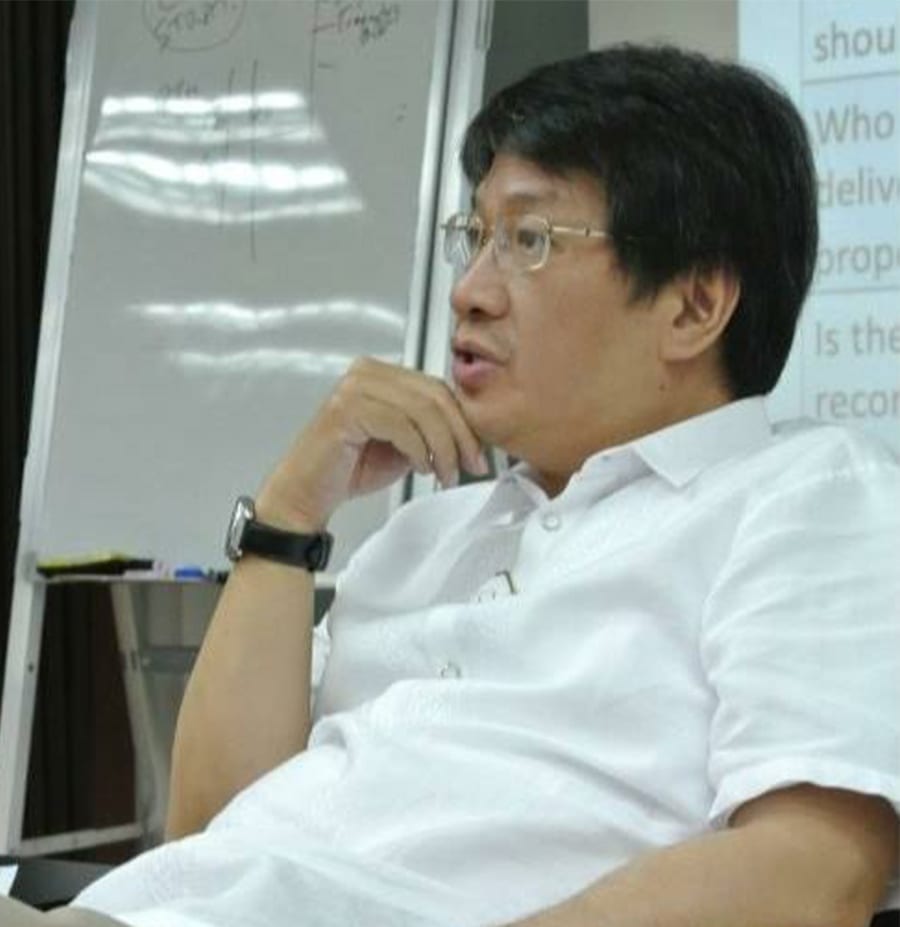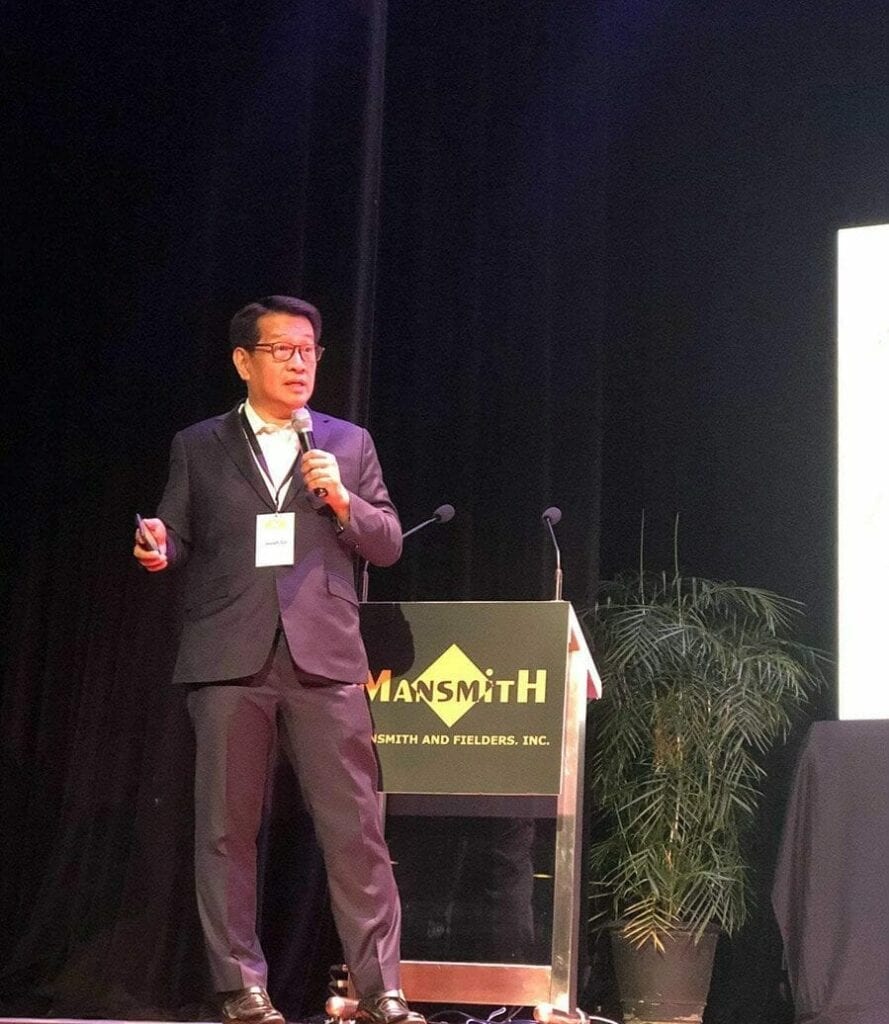
People who mourn for the loss of a loved one are typically not price-sensitive. They would spend more for a departed loved one than the budget they would have allocated for themselves. This is both good and bad. This is good in the sense that they pay final respects to the deceased. As author Dan Ariely pointed, the motivations that drive this behavior are “the way we want to think about the dead, their role in our lives, our role in their lives and the prospect of our own mortality” and purchase motivations that include “caring for others, helping, making amends, and finding meaning”. However, it can also be bad when the social benefit and meanings that go with it can be a huge financial burden to those who do not have the means.
Service Innovation
While people design their lives by wanting to have a sense of control, they may also want to design death to give themselves and their families a sense of meaning, and the contentment that comes with it, even in unpleasant situations.
Four case studies of service innovation related to death are shared below.
1. Fantasy caskets
In Ghana, where people celebrate death, many casket makers create coffins that mirror the professions and careers of the deceased, such as building-shaped for real estate developers, planes for pilots, whisky bottles for bartenders, fish for fishermen, etc. The fantasy casket becomes a focal point of the celebration of the deceased’s life, with a strong sense of recognition and accomplishment. It is a way for the departed to leave in style by not just putting fun into funerals, but also in a bid to “confuse the spirit” so it would not return and haunt the living after the casket is paraded. It also helps the newly bereaved as they look back on the life of the deceased, by reflecting on their identity no less.
A fusion of carpentry and art, some of the coffins are exported and even made their way to art galleries and museums in the US, Europe and Japan, instead of buried six feet under. And instead of being avoided, they are visited by tourists and VIPs, making coffin makers like Joseph Ashong, more popularly known as Papa Joe, classified not just as a carpenter but as a master sculptor and artist no less because of their exceptional sense of creation.
2. Human Composting: Giving Life After Death
Animals in wood die and decompose without any apparent ill effects on the environment, so Seattle-based Recompose offers “recomposition” as an alternative to cremation and conventional burial methods; the latter adds to carbon footprint (embalming chemicals, wood in caskets). Human composting gently converts human remains into soil through exposure to microbes, so bodies can be broken down naturally. Each body can contribute to about one cubic yard of dirt that could be used to grow trees or plants.
3. Forest Cemetery
Prices in cemetery lots are always rising as demand far outweighs limited supply. Better Place Forests sells the rights to sprinkle ashes of deceased underneath one of thousands of redwood trees in their forest in California, with fresh air and great views and without the cramped space of a traditional cemetery. Their “spreading” ceremony includes engraving of the name of the deceased in a round bronze emblem as marking on the tree, poetry reading, and breaking down the ashes into nutrients for the tree more quickly.
4. Aftercare: Bereavement Cruise
Bereavement Cruise is the one and only cruise of its kind created just for grieving families by founders who have experienced the same grief in their families. It is a fusion of a bereavement retreat with a relaxing cruise, in order to “reconnect with their innate wisdom, strength and kindness”. Losing a loved one can be painful. In the process, meeting new friends who share the same grief experience, while on a voyage for recovery, can help in their journey back to healing.
Market-Driving Strategies
Coffins as art, forests as cemetery, human bodies as fertilizer, and cruises for grief recovery, this is how innovating for the dead and the living has gone, so far. Beyond solving pain points operationally, innovation can be done by understanding the power of meaning in the novelty being offered and how they are connected to one’s sense of identity, and in the process creating new product categories and attracting the unserved and underserved markets. That is market-driving innovation in action.
* * *
Josiah Go is the Chairman and Chief Innovation Strategist of Mansmith and Fielders, Inc., and Chairman of Waters Philippines (the market leader in the direct selling of premium home water purifiers in the Philippines). He is Chairman / Vice Chairman / Director of over a dozen companies.
Known as one of the Philippines’ most respected marketing gurus, he is the most awarded business educator of the Philippines having been recognized as one of the Agora Awardees in 1994, one of the Ten Outstanding Young Men (TOYM) of the Philippines in 2001, one of the Ten Outstanding Young Persons (TOYP) of the World in 2002 (the 1st and only Filipino in Business Education given by World JCI in a competition of over 1,000 TOYMs), and one of only two Lifetime Achievement Awardees by the Association of Marketing Educators (2007), the youngest marketing educator to be bestowed this honor. He was also given the Brand Leadership Award during the World Brand Congress in India (2009). His accomplishments was recognized by the international community where he has been included in the 10th edition of the International Who’s Who of Intellectuals (England).
He is also the first Filipino to have completed the Blue Ocean Strategy qualification process in Blue Ocean Institute in INSEAD, France and is the first in Southeast Asia to have taught this as a 3-unit, full semester course in a university. He specializes in the fusion of marketing and innovation using the lenses of data-driven entrepreneurship and teaches advanced marketing subjects like Market-Driving Strategies, Business Model Innovation, 5 Skills of Master Strategists, Marketing Innovation, Mastering Innovation and Defense Strategy. He has given talks and facilitated over 1,000 marketing seminars in the Philippines and internationally to teams in diverse industries, in different situations and contexts.
A thought leader with 18 bestselling and recordbreaking marketing and entrepreneurship books, Josiah has taught at the De La Salle and Ateneo Universities. He is an Executive Scholar of the Kellogg Business School (in Marketing and Sales Management) as well as the MIT Sloan (in Strategy and Innovation). He also took advance marketing programs at Harvard, Wharton and at the London Business School.
His industry affiliations include being National President of the Philippine Marketing Association (1991), Chairman of the Direct Selling Association of the Philippines (2002), National President of the Association of Marketing Educators (2004-2005).
He continues to be involved in various advocacies aimed at youth empowerment and entrepreneurship namely, the Young Market Masters Awards (YMMA), Mansmith Innovation Awards, Day 8 Business Academy for SMEs, and the MarkProf Foundation.
Follow him at www.josiahgo.com. Mansmith Innovation Awards is searching for game changers in your industry. Download nomination form via www.mansmithinnovation.com


We learn new things everyday. Thanks for sharing!